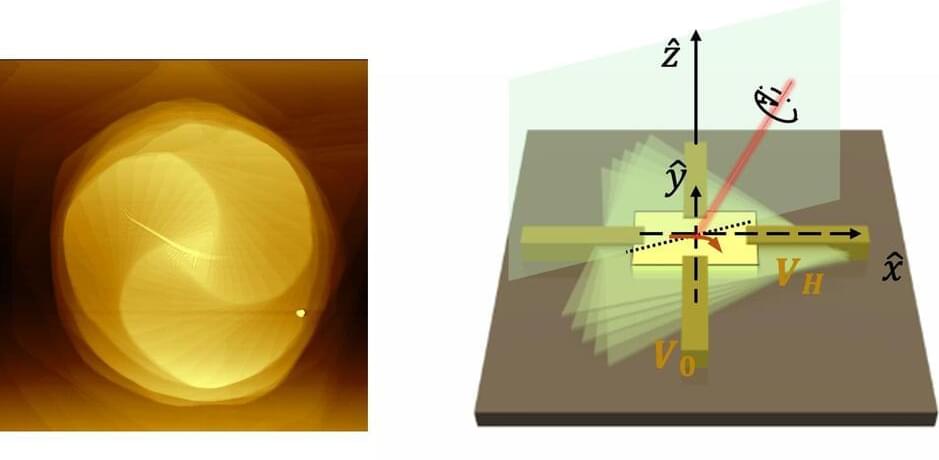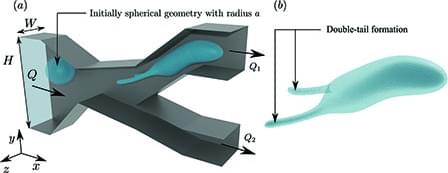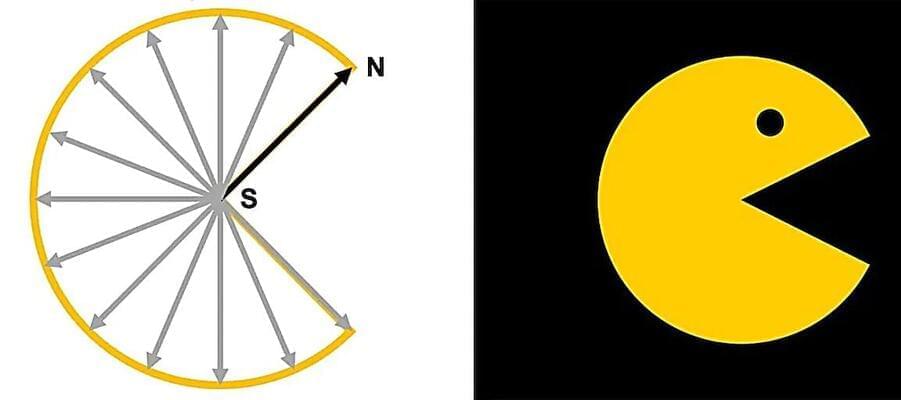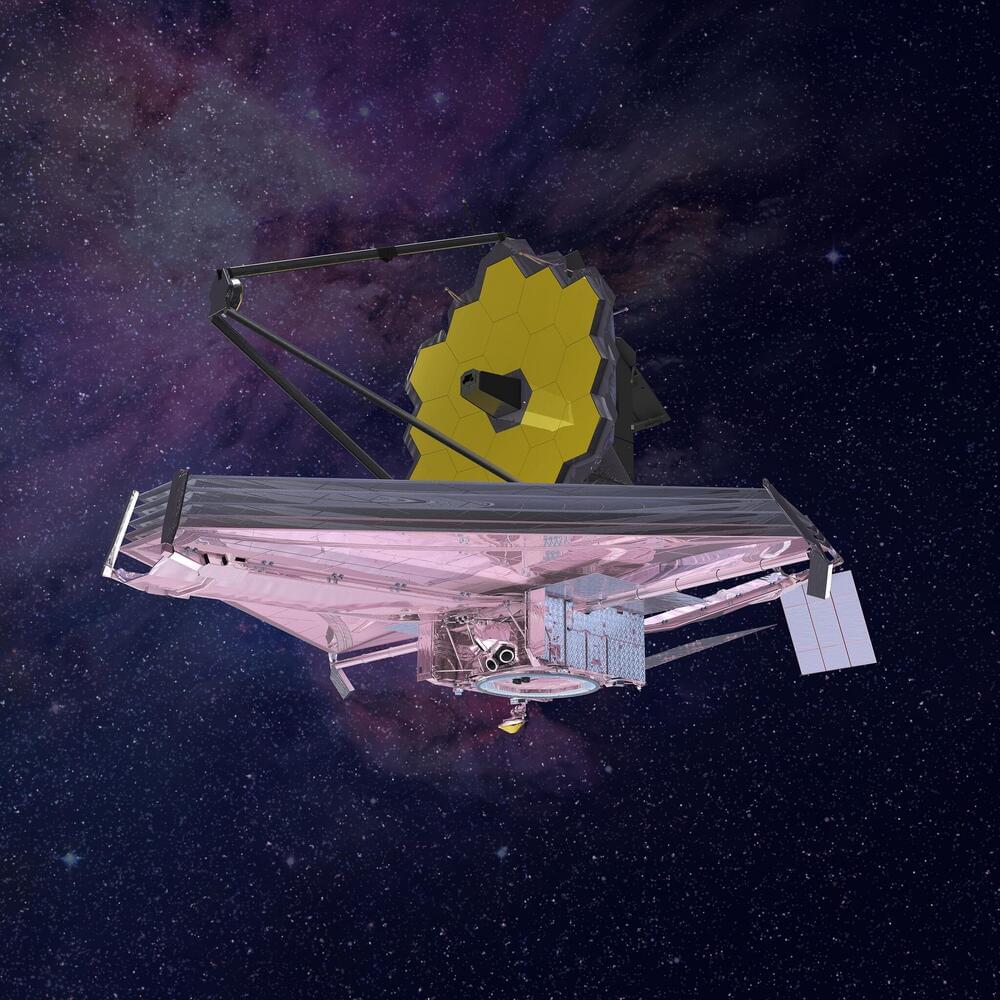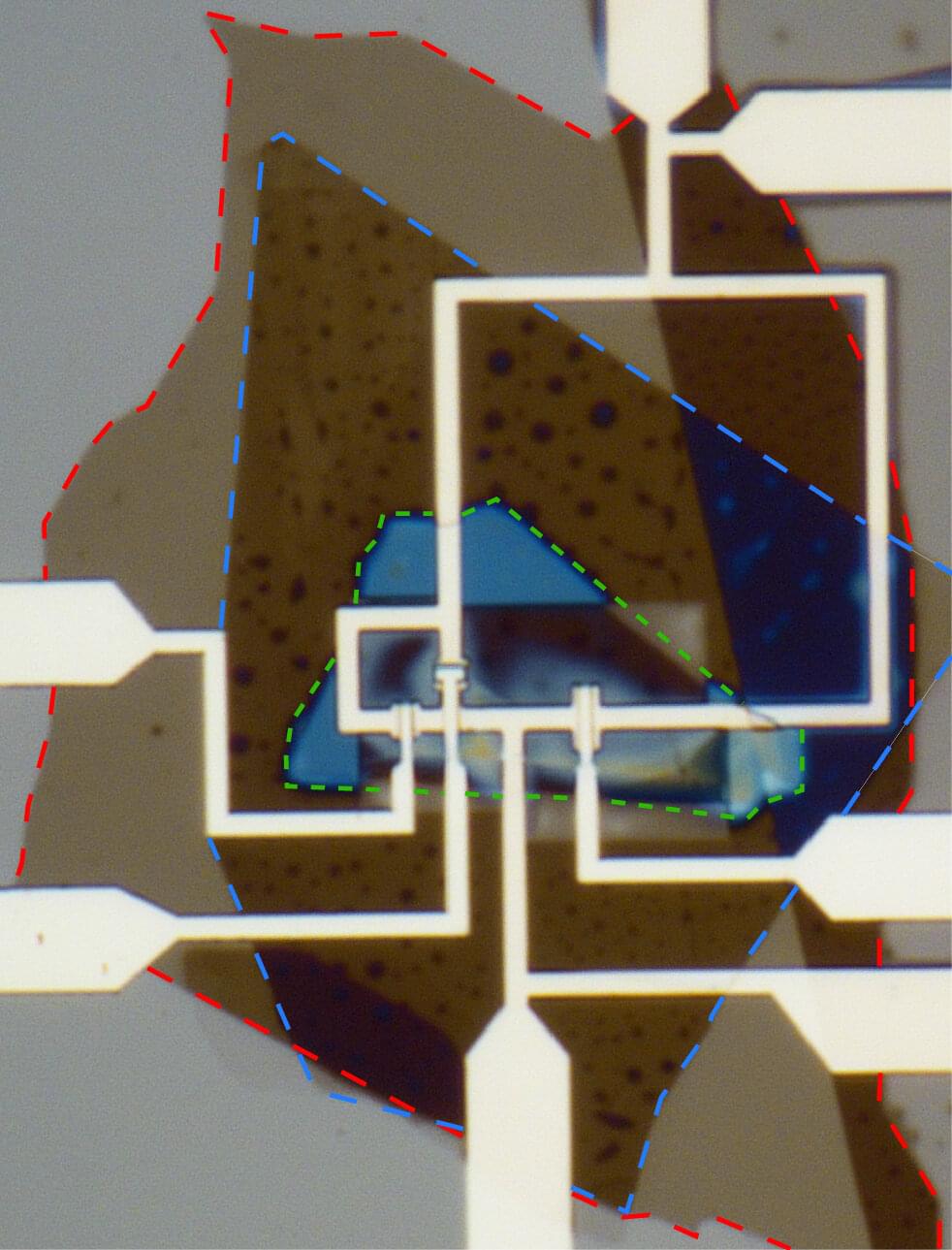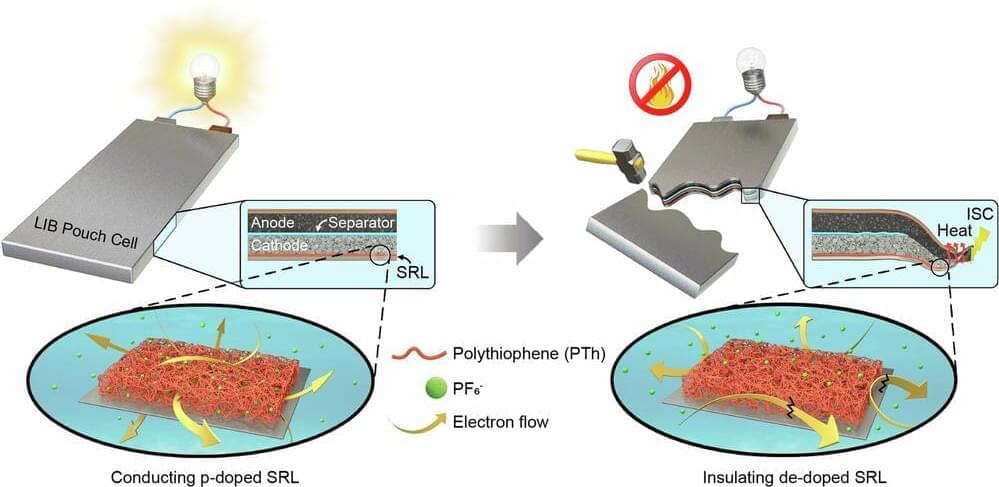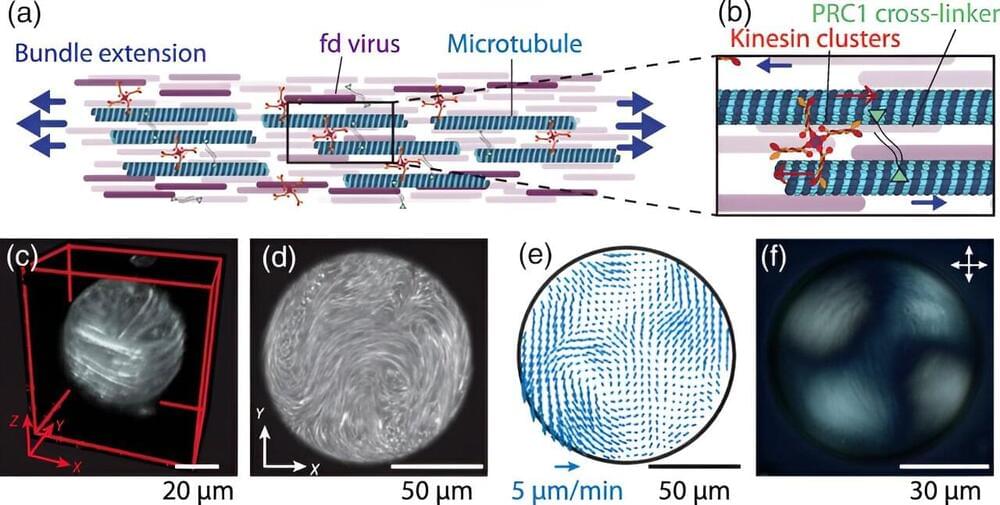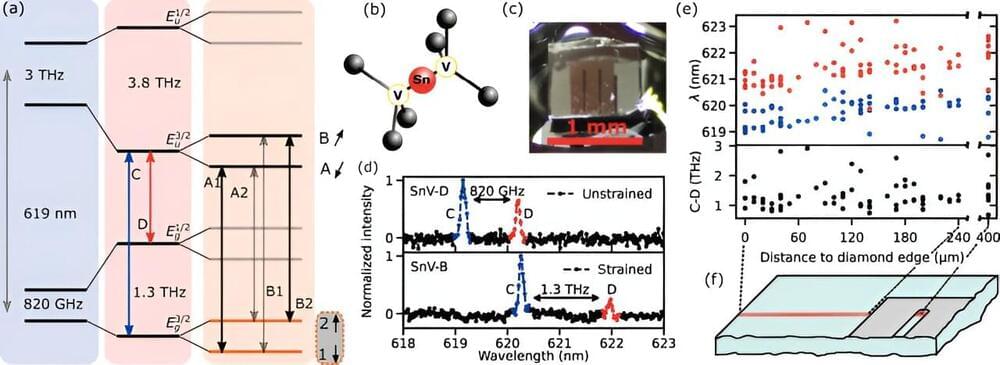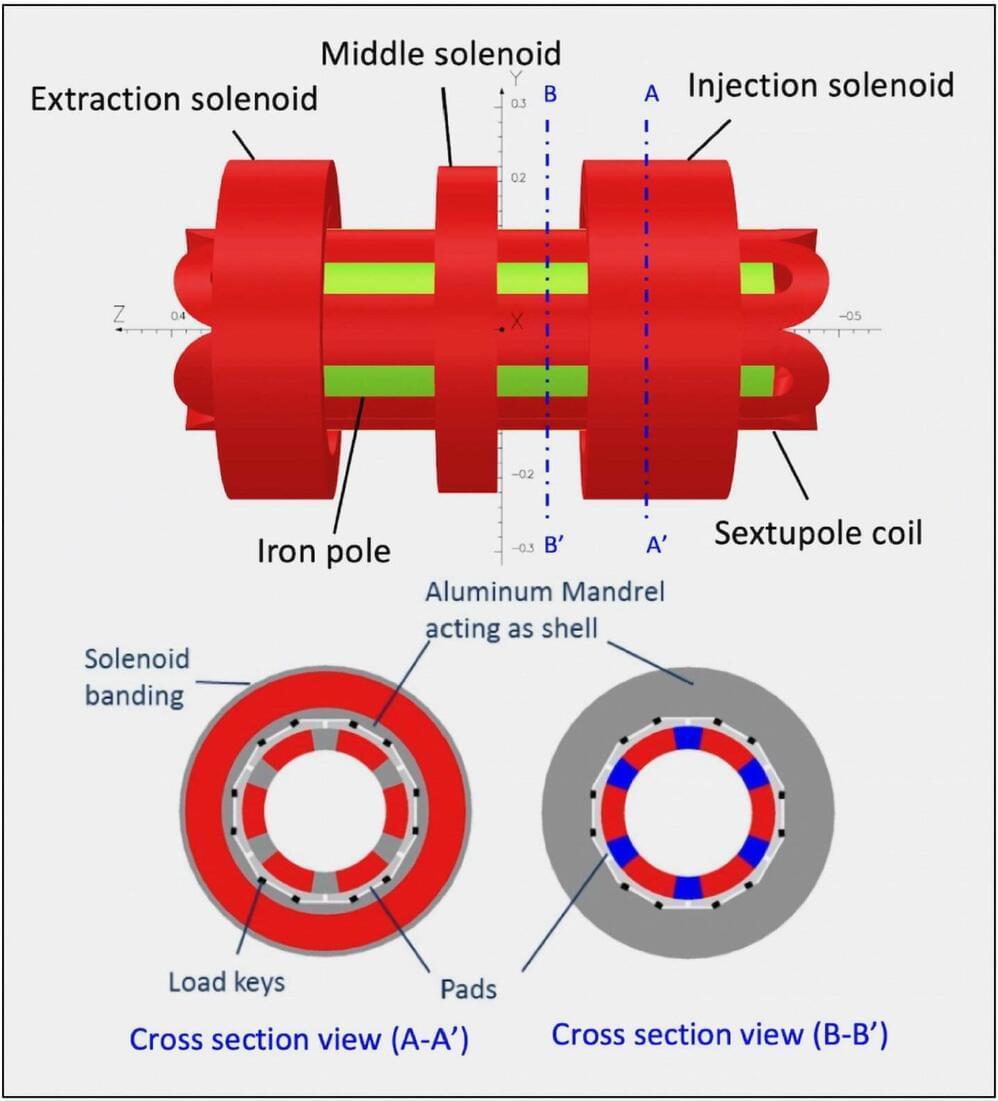Oct 5, 2024
Dr. Luba Perry, Ph.D. — CEO, ReConstruct Bio — Bioengineered Breast Reconstruction And Augmentation
Posted by Ira S. Pastor in categories: bioengineering, biotech/medical, health
Bioengineered breast reconstruction and augmentation — dr. luba perry, phd — CEO, reconstruct bio.
Dr. Luba Perry, Ph.D. is Co-Founder and CEO of ReConstruct Bio (https://wyss.harvard.edu/technology/r…), an innovative venture emerging from Harvard’s Wyss Institute (https://wyss.harvard.edu/team/advance…), aimed at redefining the fields of medical reconstruction and aesthetics with an initial application of their groundbreaking technology on breast reconstruction and augmentation. With a multidisciplinary team of experts, the ReConstruct Bio team has developed the BioImplant—a living, bioengineered tissue created from the patient’s own cells, to provide safer, more natural alternative to current standards, which are often associated with significant drawbacks and health concerns.

